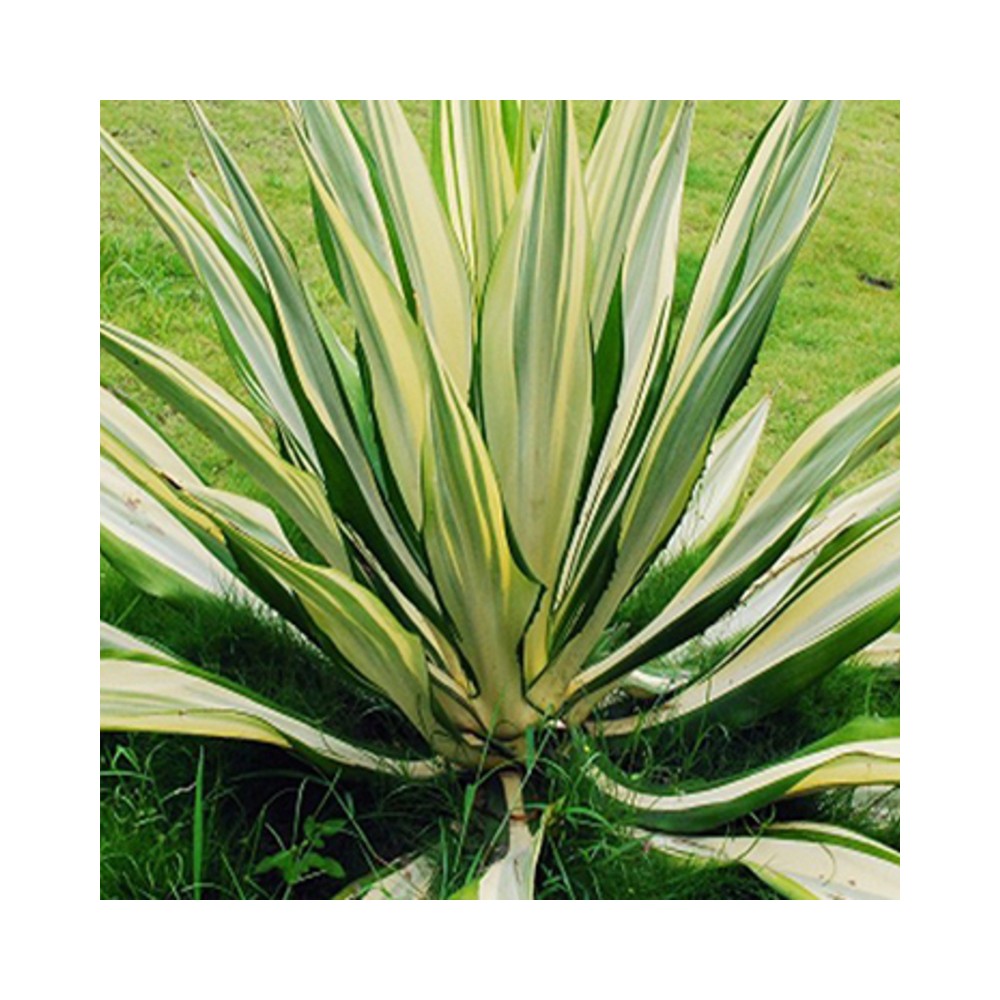



Fucaria Tiger's Jaw lives up to its common name. The sharp spines that edge the pairs of speckled leaves look like the teeth of a ferocious tiger. Their low-growing habit and unusual leaves make a spectacular addition to a succulent dish garden.
These South African succulents grow in clumps of stemless, star-shaped rosettes in its dry, rocky native habitat. Give them the same hot, dry, sunny environment and they'll feel right at home.

Security policy visit http://nurserynature.com/content/10-security-policy

Shipping & Delivery Policy visit http://nurserynature.com/content/1-delivery

Cancellation & Refund Policy visit http://nurserynature.com/content/6-aeu-legal-revocation-terms
Fucaria Tiger's Jaw lives up to its common name. The sharp spines that edge the pairs of speckled leaves look like the teeth of a ferocious tiger. Their low-growing habit and unusual leaves make a spectacular addition to a succulent dish garden.
These South African succulents grow in clumps of stemless, star-shaped rosettes in its dry, rocky native habitat. Give them the same hot, dry, sunny environment and they'll feel right at home.
tigers jaw, faucaria tigrina, succulent flower, succulent plants
In fall, yellow, daisy-like flowers may appear on plants that are a few years old. However, they won't bloom without 3-4 hours of direct sun each day during the summer. Moving your plant outdoors for the summer will give it the light these succulents need.
Tiger's Jaw prefers slightly cooler temperatures in the winter, but this succulent is not cold-hardy. If you move it outdoors for the summer, be sure to bring it back indoors when nighttime temperatures drop below 60°F/16°C.
Repot every 2-3 years, or when they outgrow their containers. Succulents have small roots, so you can grow them in shallow containers. Be sure the pots have drainage holes to prevent root rot.
Tiger's Jaw Care Tips
Photos Credit
tigers jaw, faucaria tigrina, succulent care
Origin: South Africa
Fucaria Planting & Care
Height: Up to 6 in (15 cm)
Light: Bright light with some direct sunWater: Keep soil lightly moist spring through fall. In winter, allow soil to dry out between waterings.
Humidity: Average to dry
Temperature: Warmer spring through fall 70-90°F/21-32°C. Average temperatures in winter, 60-75°F/16-24°C.
Soil: Cactus potting mix. Or, use 2 parts potting mix with 1 part sand.
Fertilizer: Feed every 2 weeks spring through fall with a 2-7-7 liquid fertilizer diluted by half. Do not feed in winter.
Propagation: Offsets will grow at the base of the parent plant. Cut them away with a sharp knife. Allow the cut surface to dry for a day so it doesn't ooze sap and to prevent the new plant from rotting. Plant the offsets in a lightly moist, sandy potting mixture. Keep new offsets in a warm, bright place, but out of direct sun for the first month. The best time to propagate is late spring to early summer, when succulents are beginning their most active period of growth.